Malaria drug maker under scrutiny after 5,000 percent price spike

This spike happened after Turing Pharmaceuticals bought the drug from Impax Laboratories in August for $55 million and raised the price to cover its costs.
"This isn’t the greedy drug company trying to gouge patients, it is us trying to stay in business,” Turing’s Chief Executive Officer Martin Shkreli said.
Officials from the Infectious Diseases Society of America and the HIV Medicine Association see things differently. Created in the 1950s by Gertrude Elion, the drug is used to fight toxoplasmosis and is on the World Health Organization’s (WHO) List of Essential Medicines.
"This cost is unjustifiable for the medically vulnerable patient population in need of this medication,” a WHO statement said.
Still, other analysts blame the price spike on the failures of free market capitalism, pointing out that the pharmaceutical industry is largely a non-contestable market where a few large firms exist because of high barriers to entry.
Turing has a coercive monopoly on Daraprim because few other firms want to make the drug as government-imposed costs make it less than profitable.
In short, the free market does not determine the price of pharmaceuticals - the companies that own them do.
Shkreli said the price of the drug would be lowered to allow the company to break even or make a smaller profit.
“There were mistakes made with respect to helping people understand why we took this action," Shrekli said. "I think that it makes sense to lower the price in response to the anger that was felt by people.”


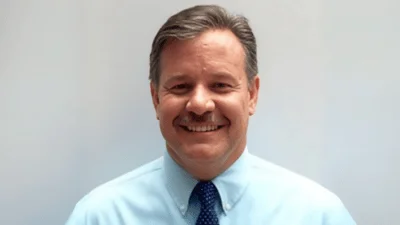
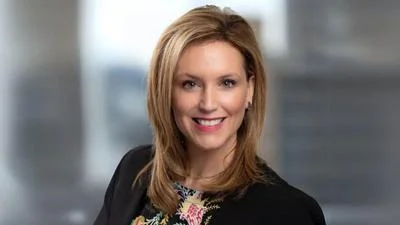
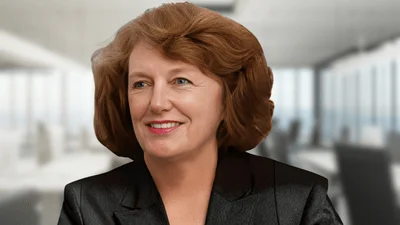


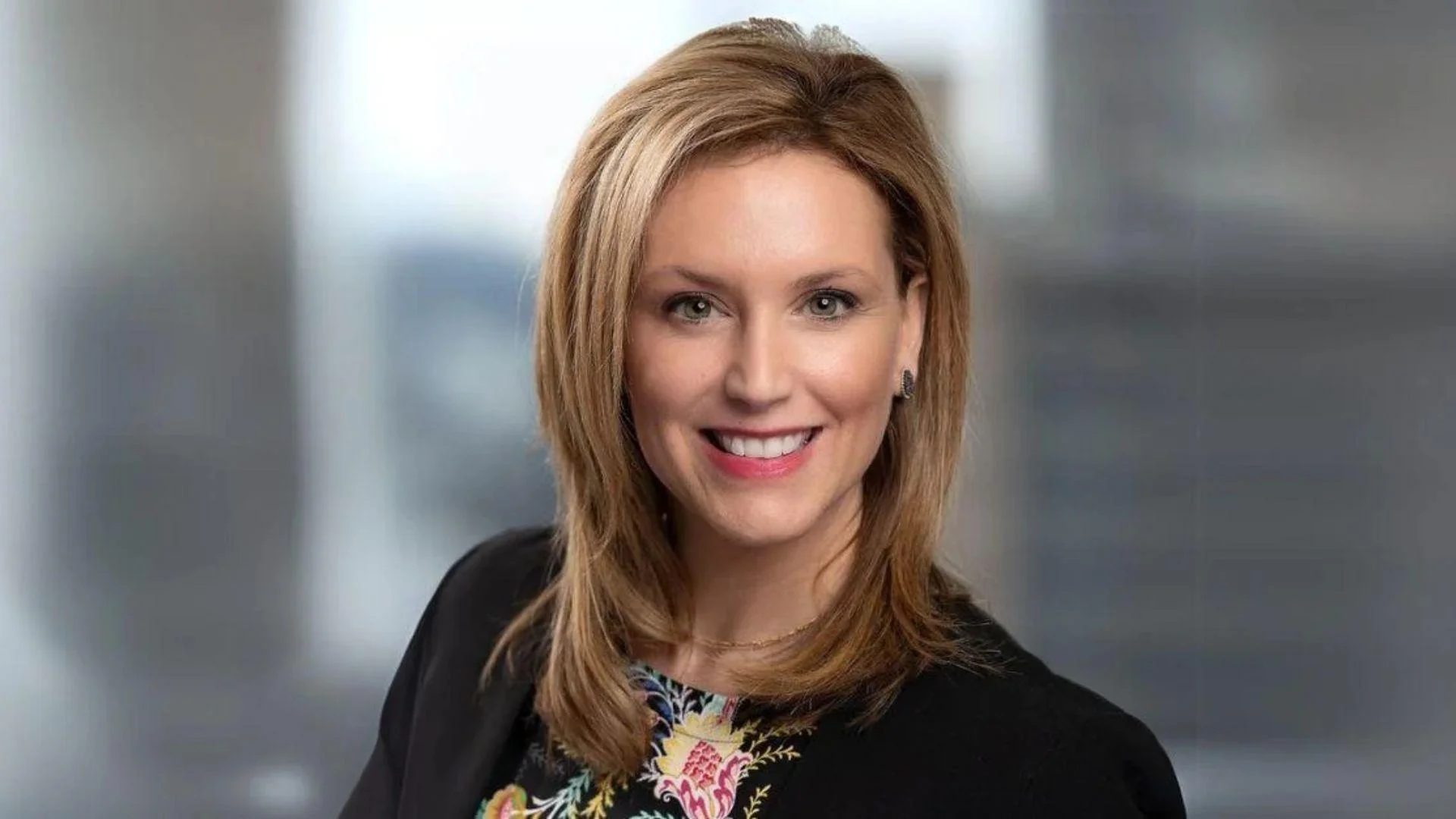
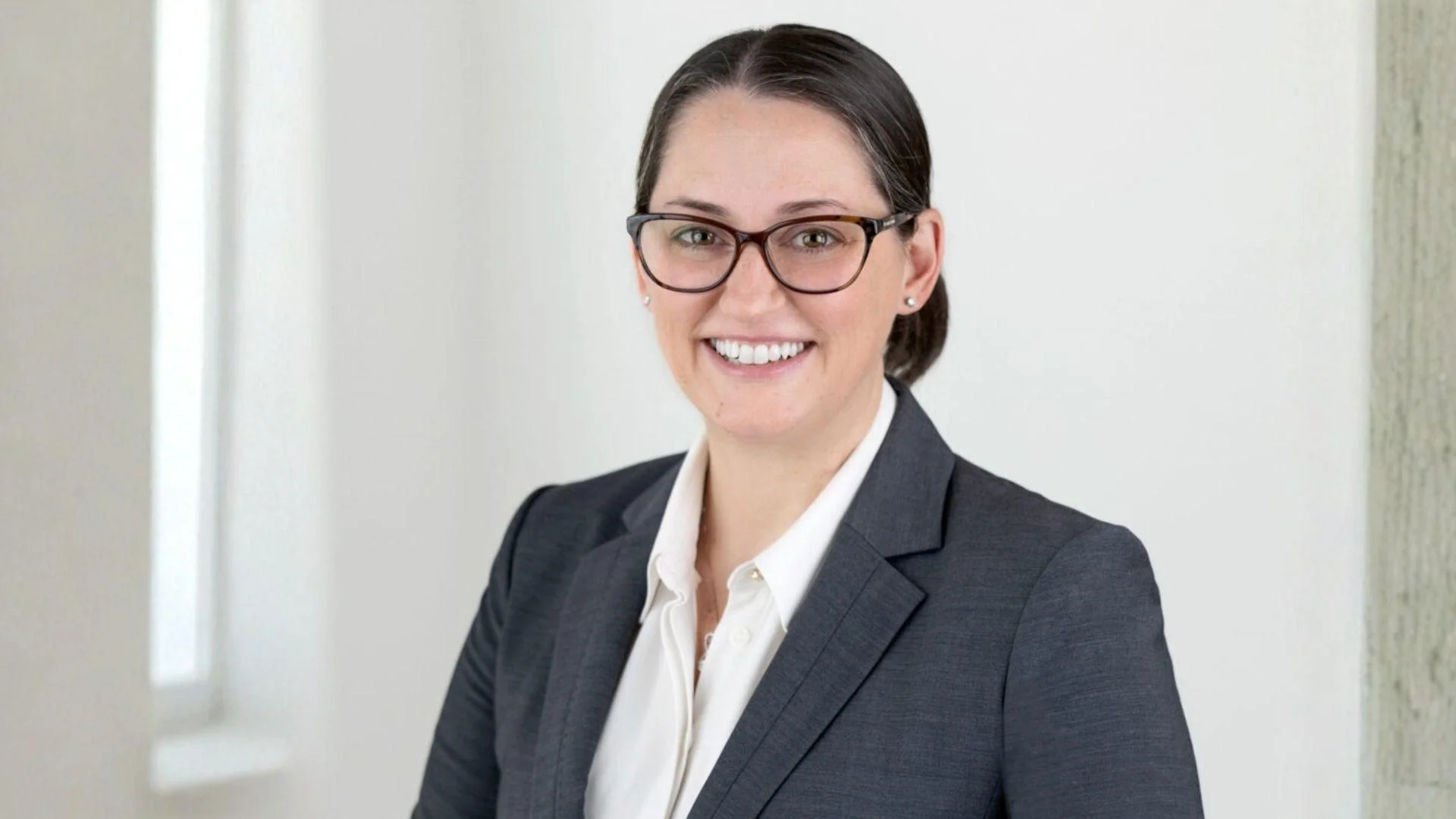
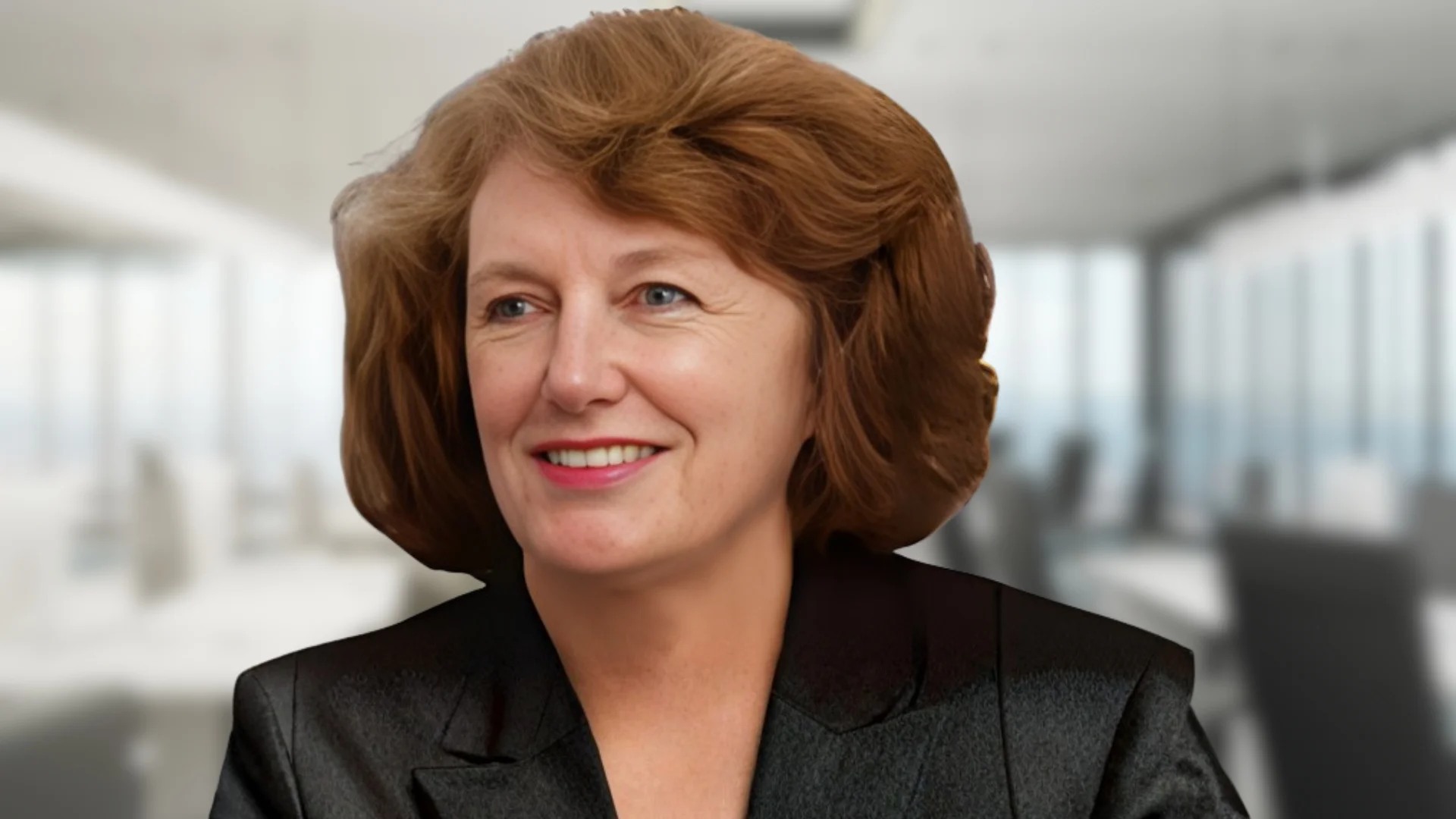
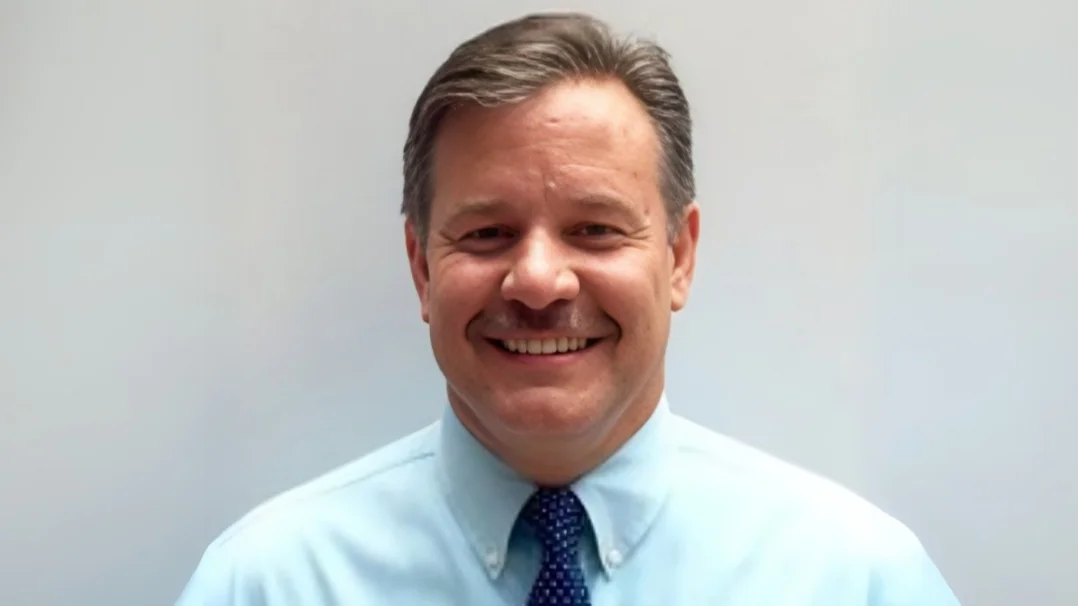

 Alerts Sign-up
Alerts Sign-up